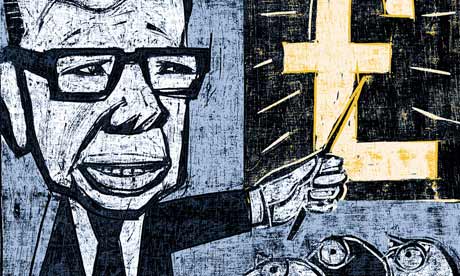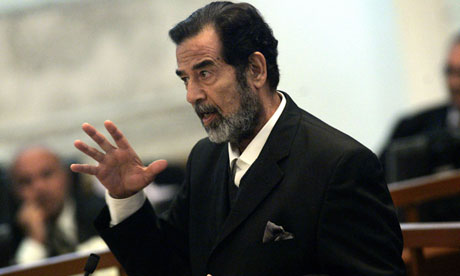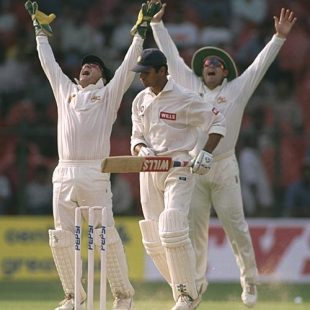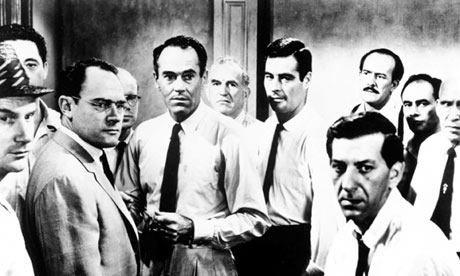We shouldn’t turn to the past to compare or contrast it with the present in a mechanical fashion. That would be worse than odious: it would be misleading. But what we can and should do is to find out if the echoes of personalities, trends and processes that shaped events at a particular stage of history reverberate in our times. Such an exercise offers us a perspective that is all too often lost in the hurly-burly of daily life.
It took Adolf Hitler a good decade - from 1919 to 1929 -to gain control of the National Socialist German Workers’ Party (NSDAP). During this period he had made a mark in Bavaria with his fiery speeches redolent with ultra-nationalist rhetoric targeted at Marxists – an umbrella term that included communists and social democrats, trade-unionists and intellectuals, artistes and gays and, above all, Jews. But in those years, as he pointed out time and again, he was content to be the drummer boy of an array of right-wing forces. And he seldom failed to point out that his was a petty bourgeois background ‘without name, special position or connection’ and that he had ‘come up from the bottom.’ He also made much of the fact that he had abjured meat and alcohol and that his private life was scrupulously chaste – a claim that is still a matter of speculation.
For all his talk of socialism, Hitler, in order to acquire a cachet of legitimacy that he desperately needed to fulfil his dream of wielding political power, befriended landed aristocrats and industrial barons. They were wary of him at first because of his claim to champion the cause of workers, farmers, petty shop-keepers and civil servants. But by and by they came around to Hitler’s view that the crises that plunged Germany into chaos after its defeat in the First World War could not be contained without a powerful leader who would impose iron discipline to cleanse the Weimar republic of corrupt, self-serving, ineffective and hedonistic elites including, in the first place, ‘Marxist’ politicians, intellectuals and artists.
What impressed them – as it needed impressed ordinary folk – was not only Hitler’s single-minded pursuit to avenge the defeat of WWI but also his skills as a consummate actor. His oratory, as Ian Kershaw notes in his splendid two-volume biography of the Nazi leader, mesmerised his listeners. It included ‘ the delayed entry into the packed hall, the careful construction of speeches, the choice of colourful phrases, the gestures and the body language.’ About the delivery of the speeches, Kershaw adds: ‘A pause at the beginning to allow the tension to mount; a low-key, even hesitant, start; undulations and variations of diction, not melodious certainly, but vivid and highly expressive; almost staccato bursts of sentences, followed by well-timed ‘rallentando’ (gradual decrease of speed) to expose the emphasis of a key point; theatrical use of the hands as the speech rose in crescendo; sarcastic wit aimed at opponents: all were devices carefully nurtured to maximise effect.’
Hitler himself acknowledged what drove him to such frenzy. It was the recognition that ‘masses are blind and stupid. What is stable in them is one emotion: hatred.’ The more he preached intolerance and hatred as the solution to Germany’s problems, the more his audience ate out of his hands: hatred for rivals in his own party ranks and for political parties that stood in his way, hatred for minorities, hatred for liberals, hatred for Germany’s neighbours. During these passages, as Kershaw writes, the crowds often interrupted him with cheers and shouts of ‘Bravo!’ followed at the end by a lengthy ovation, and cries of ‘Heil!’
The indoctrination of the masses, Hitler reckoned, was an imperative to realise his ambitions. He therefore laid great store by propaganda. He was the first politician in Germany to cut 50000 records of his speeches for nation-wide distribution and exploit the new technology of radio and the talkies to spread his message: something that was as effective then as the Internet is today. The message, however, has less to do with policies and programmes and more to do with rubbishing his ‘rootless cosmopolitan’ opponents on charges of acting at the behest of foreign, enemy forces who were hell-bent on striking at the roots of German nationalism.
That this approach worked is evident from the rapturous welcome he received on 24 February 1928 when, led by the stalwarts of his party, he declared that ‘the Jew’ would have to be shown that ‘we’re the bosses here; if he behaves well, he can stay – if not, then out with him.’ Five years later, such rhetoric propelled him to absolute power with consequences that need no reiteration. But should students of history overlook the fact that statements along similar lines have been voiced against minorities in our own country before and after we got rid of colonial rule? And can one ignore the fact that the search of a ‘strong man’ to solve intractable problems led to rack and ruin in Europe in the 1930s and 1940s?
Let me repeat: speaking about this past in Europe is not to harp on the situation in India today. Our political parties know that India is far too pluralistic to succumb to the lure of atavistic emotions, especially if one individual, or one family, claims to speak on behalf of one people, one nation and one culture. But we can ignore the developments in crises-ridden Weimar Germany at our own risk. We need sound policies, not sound bytes, reforms, not recrimination, debate, not demagoguery, a statesman, not a messiah.






